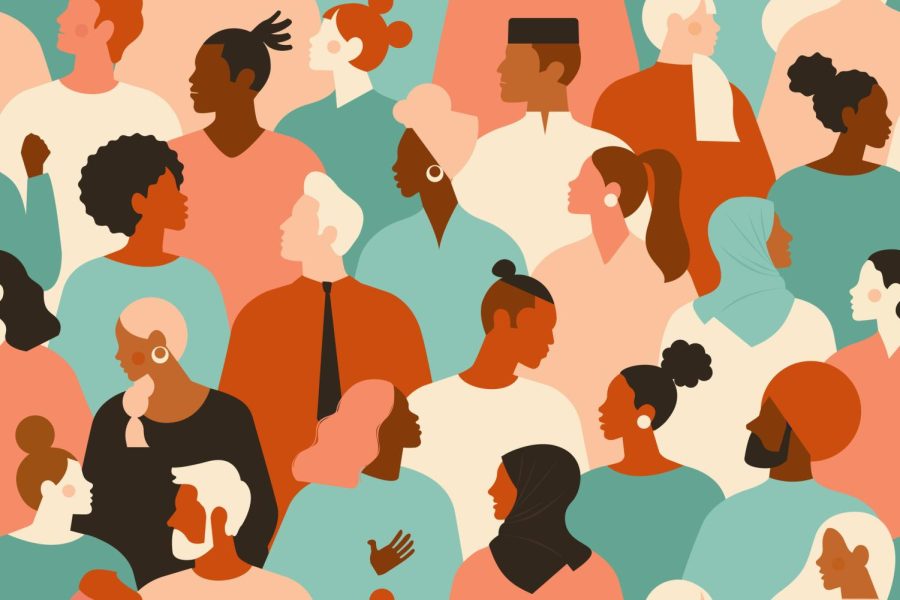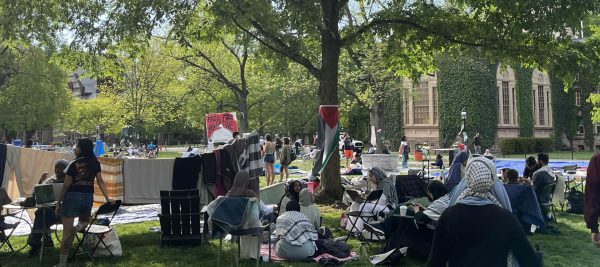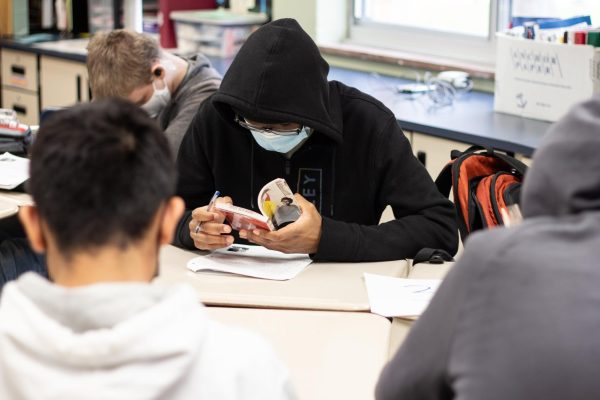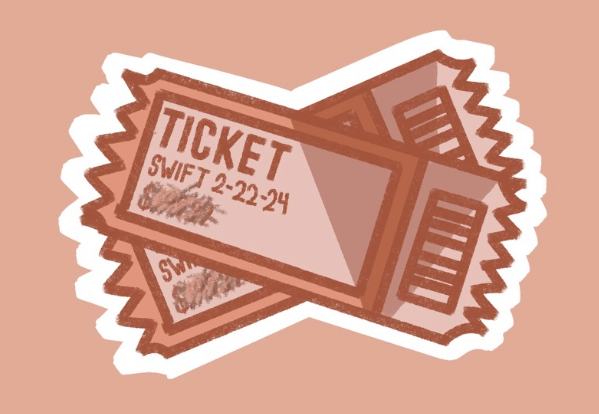Calling In: A New Technique to Add Into Our Lives
Lately, many schools are incorporating the discussion of racism and inequality into their curriculum. It’s a great circulative addition because it teaches students perspectives from those who have been persecuted. Many of these lessons are fulfilling and offer students an opportunity to share their views on these issues.
However, some of my classmates stay quiet and zone out during talks regarding racism and inequality. Even when asked to give their own thoughts, they sound as if they are walking on eggshells. They are afraid that speaking about these issues could tarnish the way others look at them.
Many students are very passionate about creating environments to discuss prejudice and discrimination at East. They are ready to call out anyone who supports bigotry and retains prejudicial views.
While this may be thought of as a sensible thing to do, however, it’s quite the opposite.
When we call someone out, we identify a mistake and confront the wrongdoer rather than addressing or countering the harm they inflicted. Some people even use embarrassment and gossip to shame the offender. It’s often seen online when celebrities behave inappropriately and consequently receive humiliating backlash. Others even call out others for fear of being considered ignorant if they do not.
So, what should we be doing instead?
Recently, I’ve learned about the concept of “calling in” in my African American Studies class. Instead of berating someone for their unjust views or inappropriate behavior, calmly inspecting their mistake and helping them to understand their wrongdoing helps them to understand what they’ve done wrong and creates room for their personal improvement and growth. “Calling in” does not automatically take away the hurt, but it identifies the reason why a person could have harmed another and can prevent further damage.
Approaching stubborn individuals with a mindset subscribed to the concept of “calling in” can encourage that person to change. Additionally, “calling in” can be used to counter the arguments of those who believe they are utilizing their right to free speech by spewing hate.
However, “calling in” is not always an appropriate tactic to employ. It is unfair for someone to perpetrate a major hate crime on another person and still expect “calling in” to be the best solution to bring about change. Furthermore, if someone has experienced racism, they should not be in charge of the moral improvement of the racist.
It would be extremely beneficial to society if everyone adopted the concept of “calling in”. Teachers and students alike should take advantage of this method, especially because it will create a more welcoming environment at East and in our broader community.

Manar is a stubborn yet determined individual who loves to explore different cultures, communities, and perspectives. He is a junior and is arguably the...









